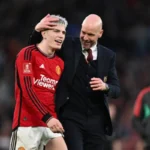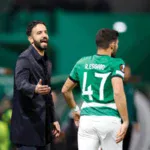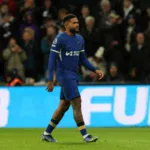Diego Simeone is widely regarded as one of the best managers of his generation and this cannot be argued, as his transformation of Atletico Madrid since his appointment has truly been legendary.
When the Spanish side appointed him in December 2011, the club were somewhat in crisis, considered an average team in Spain, and apart from a Europa League triumph a year earlier, there was not much else to celebrate.
Diego Simeone had distinguished himself during his playing days and represented some of the biggest clubs in the world, while he also retired as the most-capped player in the history of the Argentina national team.
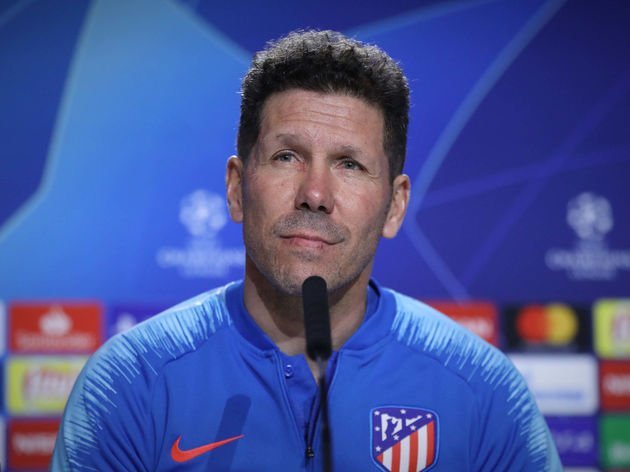
However, his managerial career to that point was not glamorous and although he had guided Estudiantes de La Plata to a first league title in 23 years, as well as won another league title with River Plate, he was largely untested in Europe.
His sole job on the continent had come in Italy where he helped lowly Catania avoid relegation and his appointment by Atletico was a risk in many ways.
Nevertheless, any doubts over his managerial abilities were soon trashed when he guided Los Colchoneros to the Europa League in May then embarrassed Champions League holders Chelsea 4-1 in the 2012 UEFA Super Cup.
Nine months later, Diego Simeone led Atletico Madrid to a third-place finish in the league – which at that point was their highest league finish in 17 years – and at the end of the season defeated city rivals Real Madrid in the final of the Copa del Rey, which marked the first time that Atleti had gotten victory over Los Blancos at the Santiago Bernabeu since 1999.

This was just the start of the glorious times under the Argentine, and Simeone got fans of the club believing again in the team again.
In May 2014, the club won an unlikely LaLiga title, getting the requisite result on the last day against Barcelona at a packed Camp Nou.
The difference in quality between the top two in Spain and the rest of the competition added to the incredibility of this feat and Atletico Madrid winning the 2014 LaLiga title is rivaled only by Leicester City winning the EPL as the most improbable managerial feats of the last decade.
A week later, the club fell to Real Madrid in the final of the UEFA Champions League, with a last-gasp goal by Sergio Ramos preventing Diego Simeone from lifting the trophy with just seconds to spare.
The fact that the Atletico Madrid starting team in that final cost less than €70m in total (each of Cristiano Ronaldo’s and Gareth Bale’s transfer cost more) acts as proof of how much of overachievers they were.
Since then, the club have struggled to match those lofty standards and although they have become firmly established in the upper echelons of European and domestic football, Atletico have not translated this into tangible trophies.
💪 𝗧𝗘𝗔𝗠𝗪𝗢𝗥𝗞 💪
🔴⚪ #AúpaAtleti pic.twitter.com/BHN596oNg5
— Atlético de Madrid (@Atleti) September 23, 2020
A second Champions League final was reached and lost to the same opponents in 2016 and the Europa League and UEFA Super Cup were secured (after an early Champions League elimination) in 2018.
However, there has been a certain stagnation about Atletico Madrid in recent years.
Last season, they ended the campaign in third-place, 17 points behind champions Real Madrid, while their points total of 70 and 51 goals scored were their lowest since 2013.
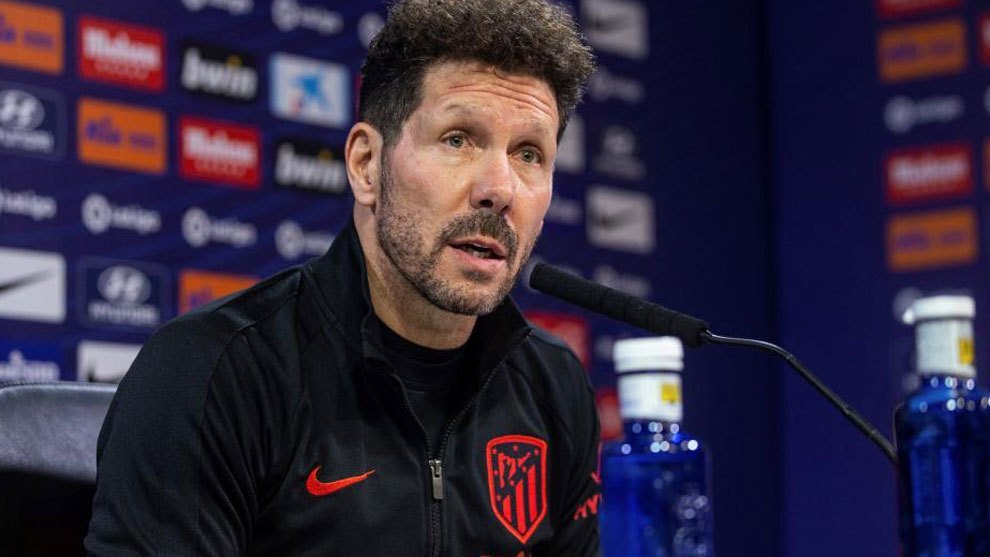
Diego Simeone and increased spending but limited results
As already touched upon, Simeone made a name for himself early in his Atletico managerial career for bringing the best out of bargain buys but in the last three years, the Madrid side have been among the biggest spenders on the continent.
Although most of the transfers have been funded by expensive sales (including those of Antoine Griezmann, Rodri, and Lucas Hernandez), it takes nothing away from the fact that Simeone has changed his modus-operandi in the transfer market.
Given, you need to spend to keep to par with the top sides but Ateti have not gotten value for money spent in the market.
There were the ill-advised decisions to sign both Diego Costa and Alvaro Morata in excess of €50m each last year but the pair managed just 16 goals in the league between themselves and it was no surprise that the club struggled badly in front of goal.
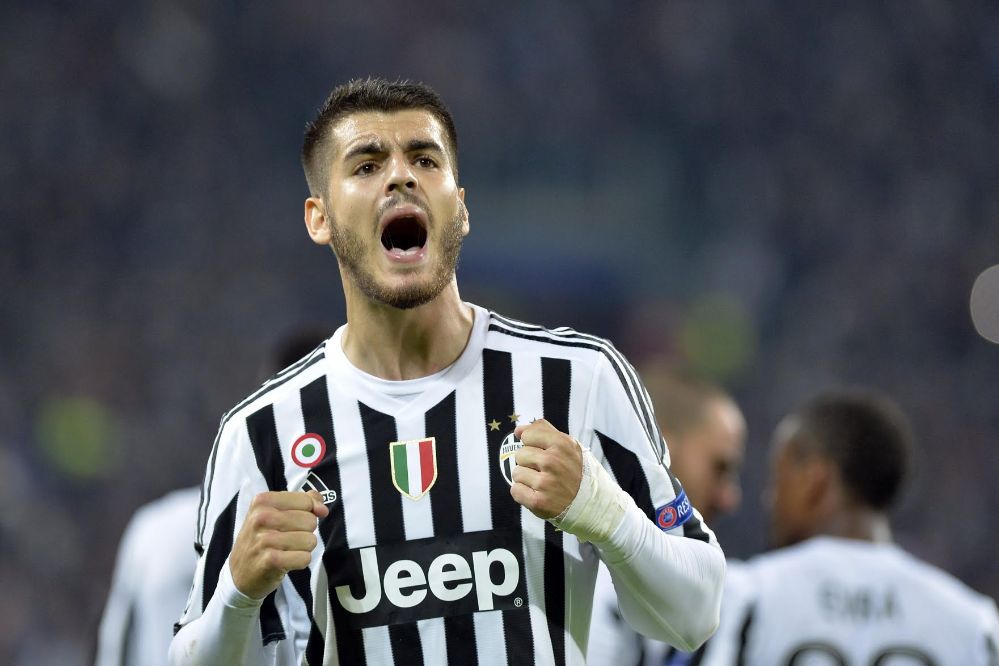
However, it was not just in attack that huge sums were spent, with Thomas Lemar arriving from Monaco for a then club-record fee of €70m but the Frenchman’s move has not gone to plan and he has found himself shunted out of the starting team, while he failed to score or assist a goal last season.
Current club-record buy Joao Felix came in with high expectations from Benfica but had a mixed debut season and while his talent is not in doubt, the Portuguese international has limited time to start showing them on a regular basis in the Spanish capital.
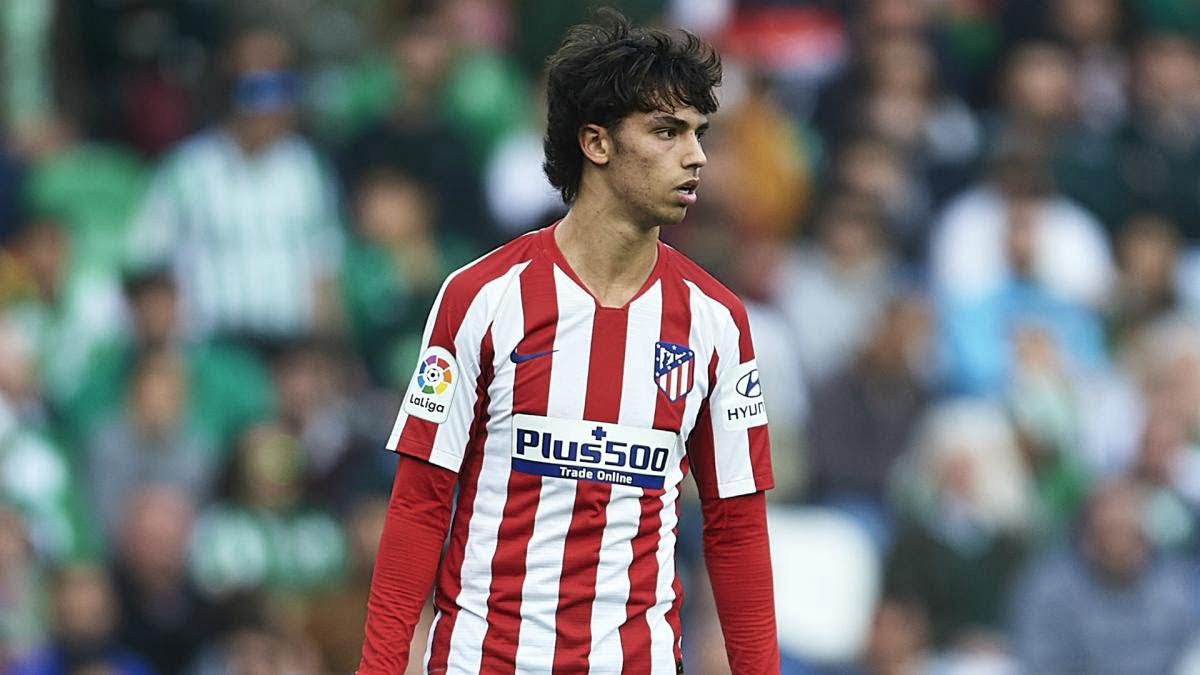
It has, however, not been all doom and gloom for Atleti though, their defense remains as resolute as ever, while Jan Oblak is widely regarded as the numero uno shotstopper on the continent.
However, given Atleti’s improved standing in the game, fans would expect focus to have shifted from their compact backline to an improved attack, considering the abundance of talent present in attack.
Those expecting this are doing a great disservice to Diego Simeone’s achievements and what he stands for as a manager.
Early in his Atleti tenure, he addressed his blueprint and style of play, saying:
”You can say say: ‘I want to play like Barcelona.’ But we’re not Barcelona, and we will never be. People are obsessed with possession, but I don’t love it so much because it serves as a way for the opposition to get comfortable. Possession is good when it makes the opposition suffer with a change of rhythm.”
‘El Cholo‘ was a highly combative midfielder in his heydey, who left it all on the field with his commitment and drive and this is a trait he has brought with him to football management.
He realized his limitations early enough and chose instead to focus on his strengths, drilling his team into a collectively adept winning machine that puts maximum effort into every game they play.
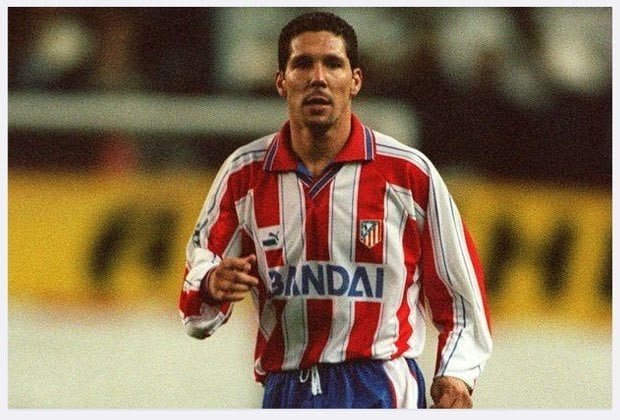
In his words:
”It must be about the team, not the individual, ”How long does an individual have the ball at their feet in a game? Four minutes absolute maximum and that’s for central midfielders, If the individual is accommodated and they can’t adapt, it’s of no use.”
The result of this is that Atletico Madrid have been coached into unarguably the most compact side on the continent in the last decade and one of the greatest defensive units in history.
Even though it might not be pretty to the eyes, they get the job done more often than not.
It has earned them the tag of football’s pantomime villain (not that Simeone cares) and games against his side are always drab affairs, with his players ensuring that they do not give their opponents an inch to exploit.
But gone are the days of Atletico Madrid being considered as underdogs (and although their manager always attempts to play down their standing), Los Colchoneros now have a pedigree that rivals that of the biggest sides on the continent.
So for the team to keep playing with a back-against-the-walls approach does not really sit well with the general public.
If the trophies were still being won, all good and fine – no need to change a winning system – but this is not the case and detractors are right to ask why such a negative system is still being deployed after all the money spent if it cannot even win trophies.
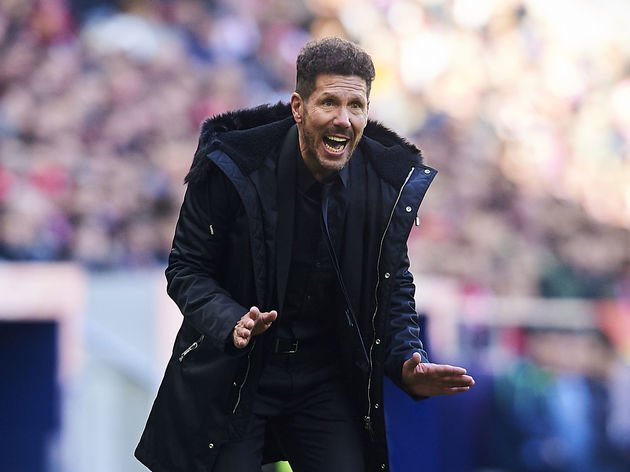
Is it right to suggest that Simeone is on a decline?
Since his appointment as Atletico manager in 2011, Diego Simeone has come up against some of the greatest coaches in history and he has gotten the better of virtually every one of them.
Jose Mourinho fell with his Chelsea team in the 2014 Champions League semifinal, Pep Guardiola with Bayern Munich at the same stage two years later.
Carlo Ancelotti with Real Madrid in LaLiga, Arsene Wenger with Arsenal in 2018, and even Jurgen Klopp and his rampant Liverpool side were defeated across both legs of their UCL knockout fixture last season.
There has been a trend throughout history for world-class managers to drop off and struggle after 10-15 years of tactical revolutions and although there are few exceptions (read Sir Alex Ferguson), generally, this trend holds true (watch out Pep!).
Arsene Wenger revolutionized Arsenal and won his first Premier League in 1996, 15 years later, he was in the middle of an eight-year trophy drought that ended in acrimony with Arsenal.
In 2004, Jose Mourinho was the ‘Special One’ who could do no wrong, right now, he is trying to rebuild his reputation after acrimonious departures in each of his last three jobs.
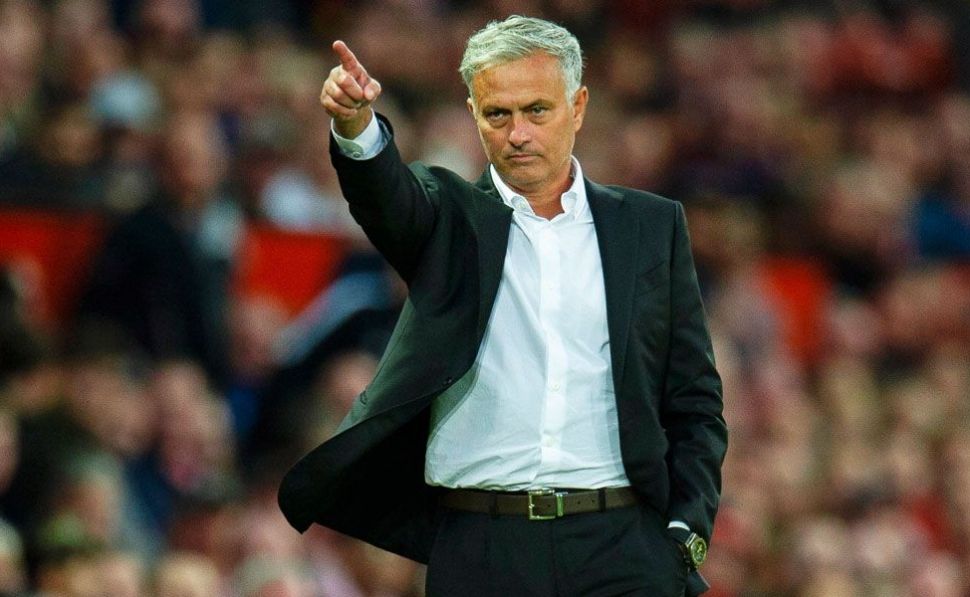
Carlo Ancelotti won a first Champions League as coach in 2003 and a third in 2014, right now, he is managing Everton, and with all due respect to the Merseysiders but they are not exactly in the upper echelons of the game.
When Juventus got eliminated from the Champions League by Lyon, much was made of the fact that only a Cristiano Ronaldo-led team had knocked Atletico out of the competition and many pointed to the single-legged style of last season’s resumed tournament as playing to the Spanish side’s strengths.
They were, however, in for a shock, as a youthful, vibrant, and unfancied RB Leipzig side – devoid of their two best players – knocked them out.
Diego Simeone was tactically outwitted by Julen Nagelsmann, a man who was born the year the Argentine manager began his professional career.
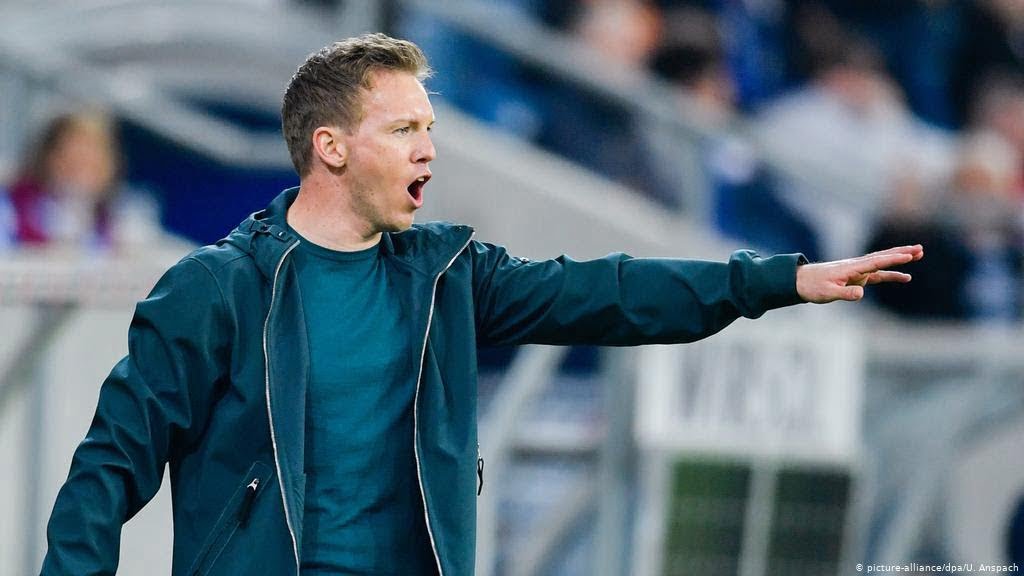
The manner of the defeat was glaring, as Leipzig showed a superior tactical drilling and versatility that the Atleti players were simply unable to cope with.
It would be too simplistic to dismiss Simeone’s recent struggles as down to him losing touch with current coaching trends and the 50-year-old is still very much among the best managers in the world.
His shortcomings last season must also be put into perspective.
After all, he lost the services of Diego Godin, Filipe Luis, Rodri, Lucas Hernandez, and Antoine Griezmann (five key pillars of his team) in one fell swoop. It was always going to be difficult.
However, he must be willing to diversify his ideas and find a system to bring the best out of the abundance of talents available to him.
Simeone’s status as an Atletico Madrid legend is beyond reproach. His performances and legacy as both a player and manager with the side guarantees that.
Fans would forever be grateful for his incredible work in the last seven years but the there is a general feeling that Atleti have reached their glass ceiling with him and he has taken them as far as he can.
He must, therefore, start turning things around positively to avoid going the route of several other great managers whose tenures ended at a nadir.


